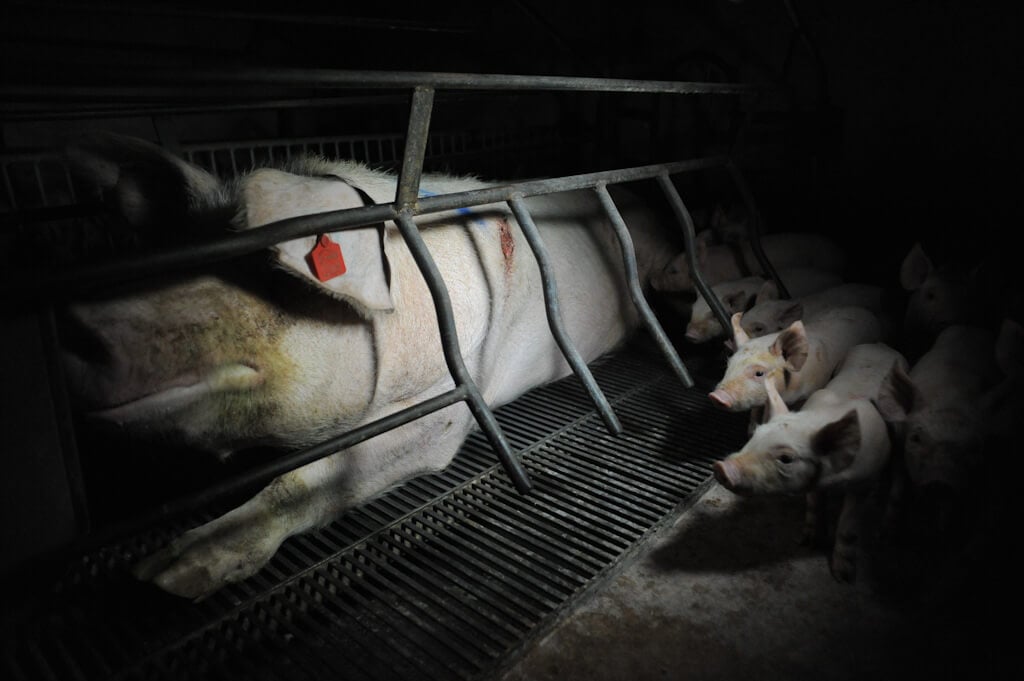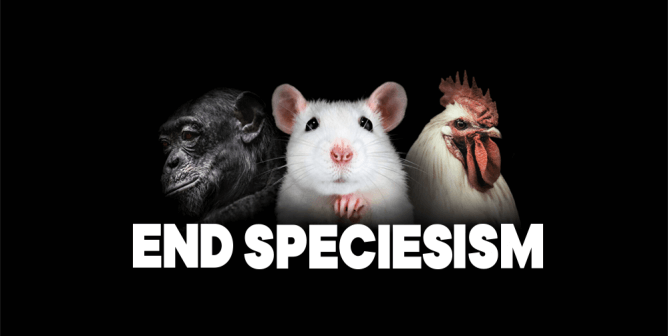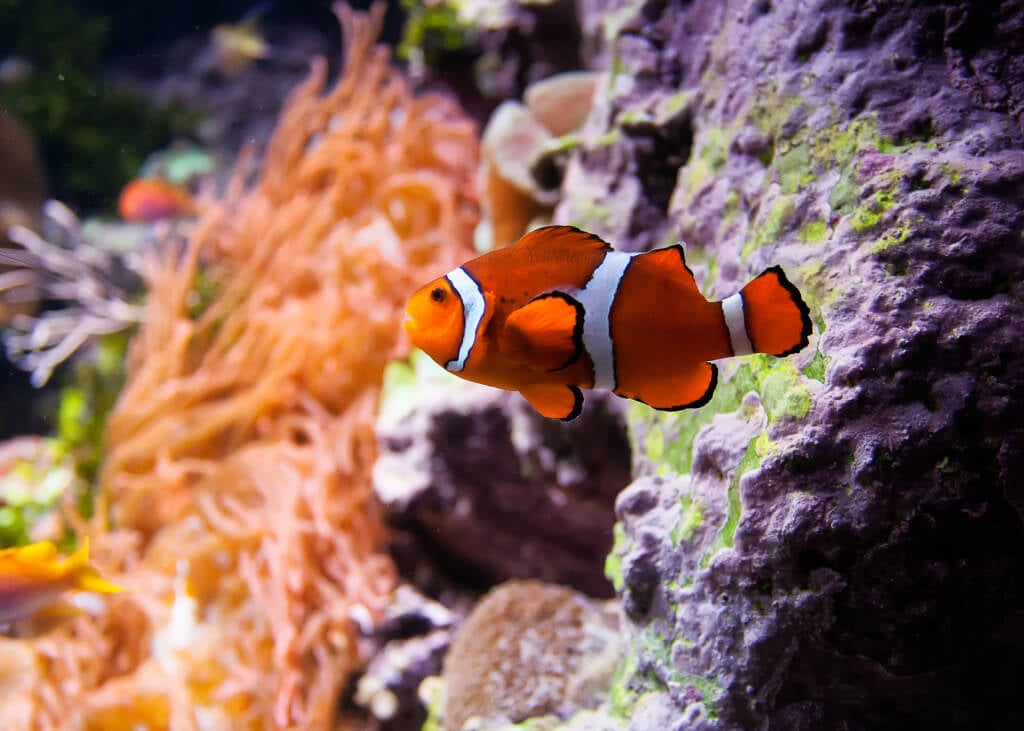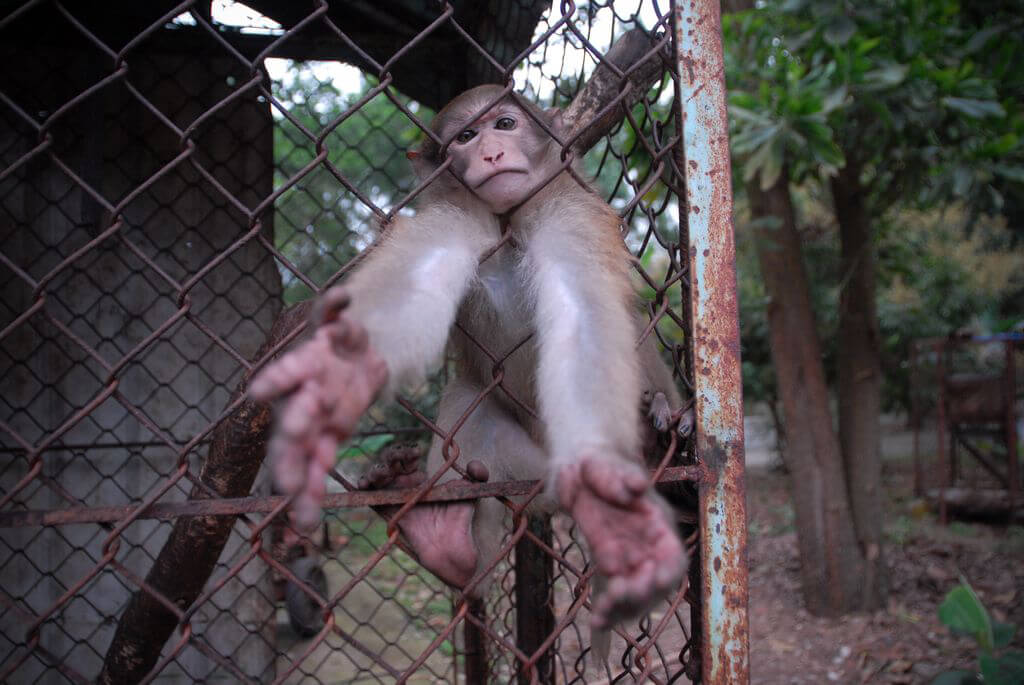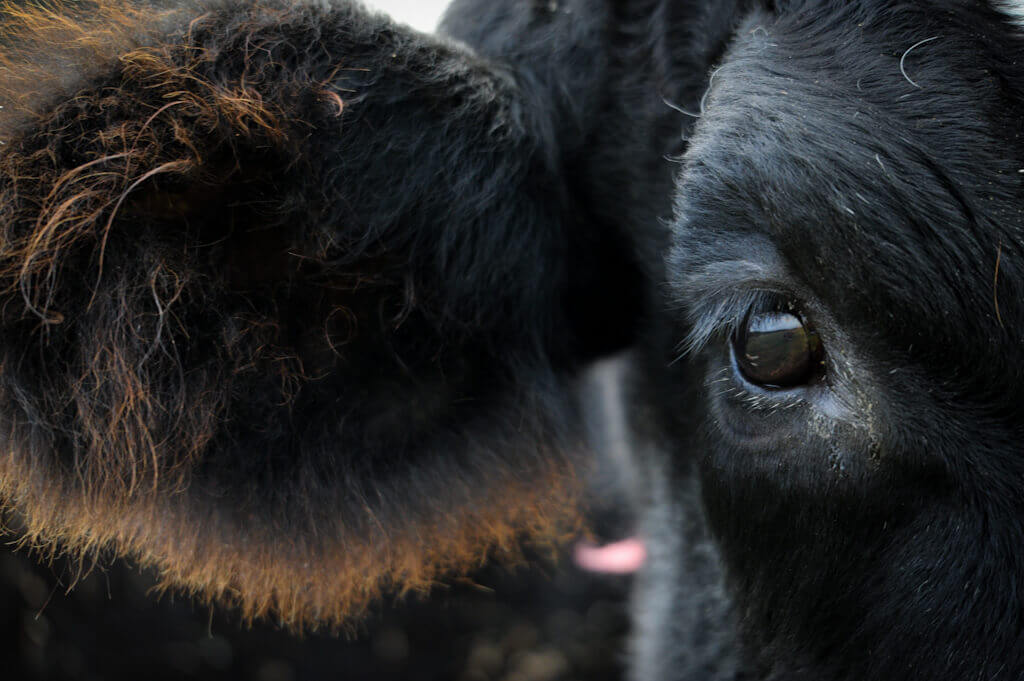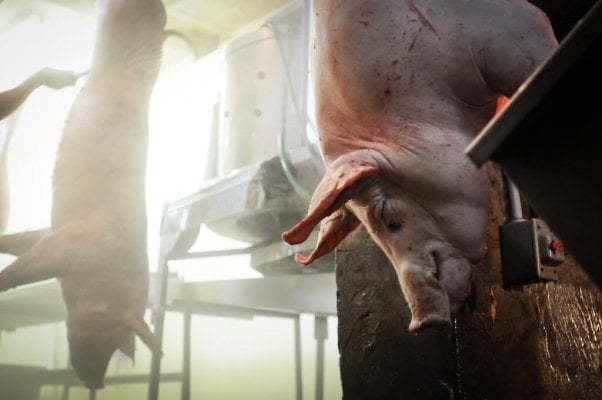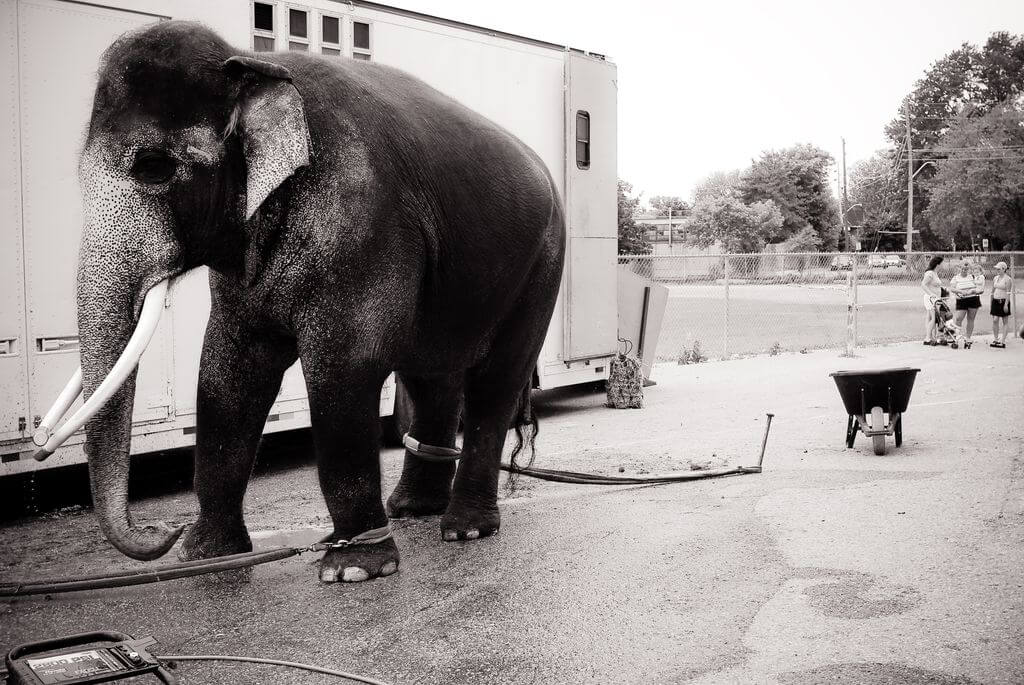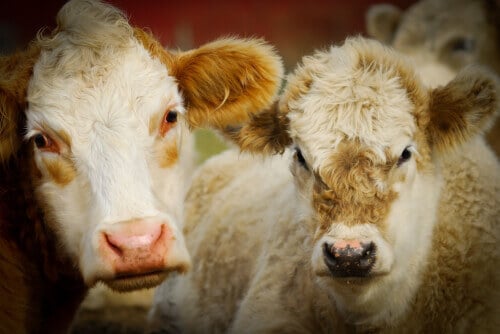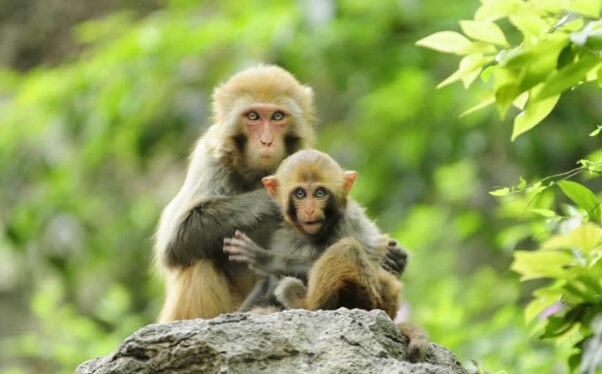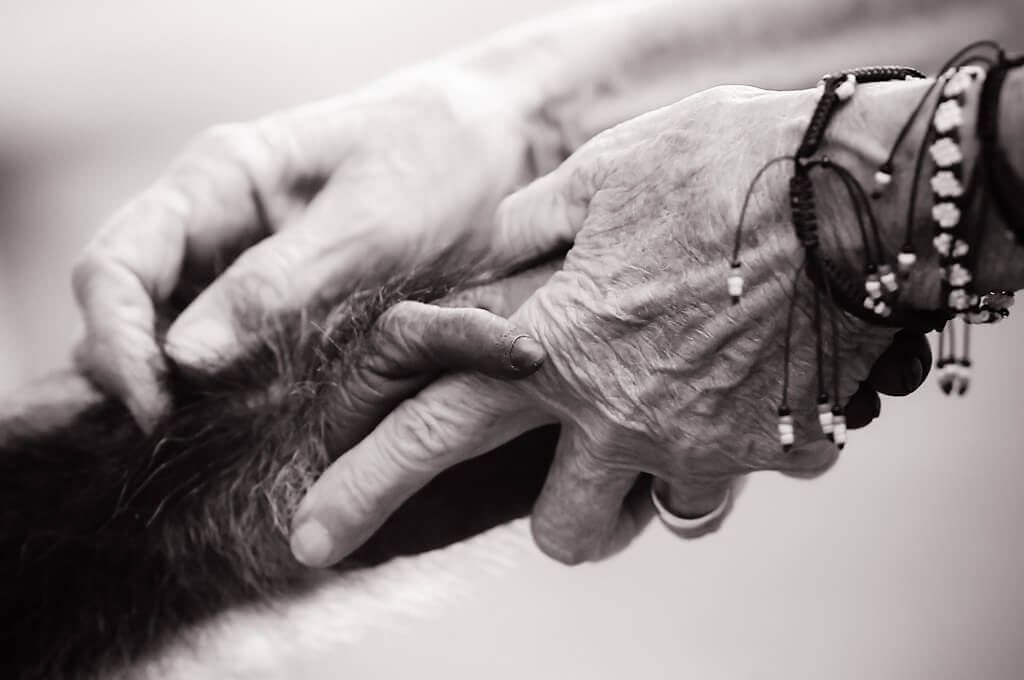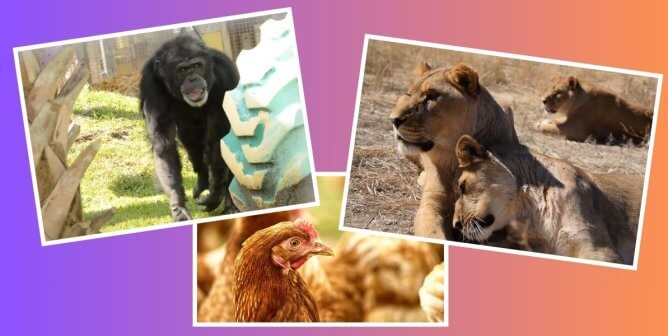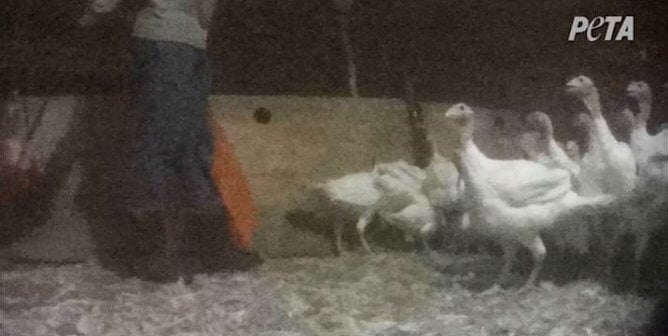What PETA REALLY Stands For
People
I am you, only different.
Human beings create temporary and arbitrary boundaries to exclude beings who aren’t like them. Human beings have justified wars, slavery, sexual violence, and military conquests through the mistaken belief that those who are “different” do not experience suffering and are not worthy of moral consideration.
These boundaries change throughout history, and we’re horrified now to recall the abuse inflicted on others once classified as outsiders: the extermination of Jewish people by the Nazis, the enslavement of African people by American plantation owners, and the slaughter of Christian people for entertainment by Roman centurions. Laws now forbid discrimination based on gender, race, religion, ability, age, and sexual orientation. Yet just a century ago, human beings who were seen as different by those with power faced torture, exploitation, and death.
Sometimes those in power claimed that juvenile or dark-skinned human beings couldn’t feel pain. Sometimes the powerful claimed that their superiority was granted by God. Our society no longer believes that any human being has the right to rape, torture, or enslave another human being for any reason. We accept that all human beings share a fundamental value and celebrate our differences.
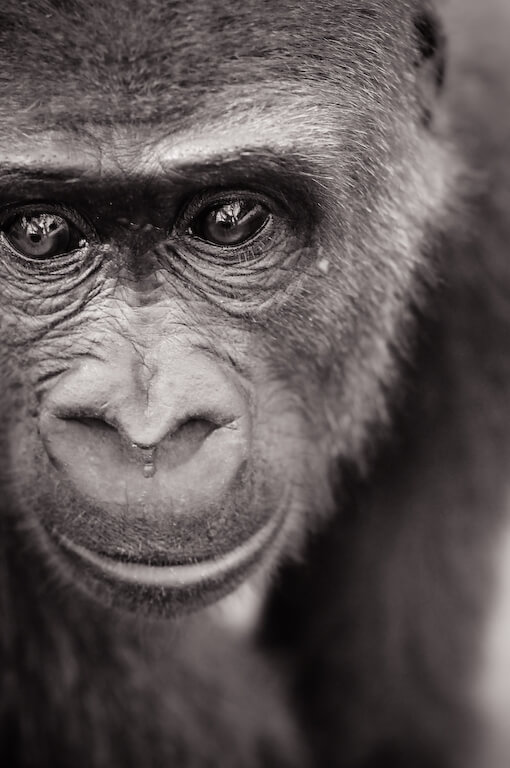
Ethical
Do unto others as you would have them do unto you.
We are taught the Golden Rule as young children, and all major religions teach principles of nonviolence and kindness. The Rev. Dr. Martin Luther King Jr. said, “Injustice anywhere is a threat to justice everywhere.” Ethical treatment—the Golden Rule—must be extended to all living beings: reptiles, mammals, fish, insects, birds, amphibians, and crustaceans.
Would we imprison our children in cages too small for them to move? Would we violate our sisters and steal their babies? Would we deliberately infect our friends with diseases and leave them untreated? Of course not—so why would we do the same to other beings? We must abandon the archaic and incorrect boundary of “human,” which we use to justify the ongoing massacre of billions of beings.
More than a century ago, Charles Darwin showed that all beings had the same common ancestor. All beings share the desire to live. We all feel pain, joy, grief, and pleasure. We all have worth.
Treatment
Animals are not ours to experiment on, eat, wear, use for entertainment, or abuse in any other way.
All beings desire freedom to live a natural life, according to their inherent desires and instincts. While the lives of all beings necessarily involve some amount of suffering, human beings must stop deliberately inflicting suffering on all beings for our own selfish desires. We lose nothing in replacing a cheeseburger with a veggie burger or a leather purse with a fabric one. But beings we exploit lose their lives just for our fleeting fancy.
We are taught from a young age to discriminate among beings. We are fooled into eating the flesh of some beings, ignoring the cries of hunted beings, and cuddling with furry baby beings. We grow up confused—as adults, most of us feel sick and sad when we see living beings tortured and killed, yet we purchase and consume the flesh, fur, secretions, and skin of living beings every day. We work hard to deceive ourselves and each other in order to maintain the illusion of a real boundary around “human.”
The threats of economic collapse, the defiant claims of inherent rights, and the stubborn refusal to change behavior—these tired arguments have been heard and overcome many times in the past. Every time a boundary shifts, the suffragists or the abolitionists or the emancipators are at first ridiculed and belittled for their stance of equal consideration. Eventually, the lies are exposed, and freedom is won—for women, blacks, Christians, gays, Asians, the Irish, Catholics, Jews. Let freedom now include all beings.
Animals
We are all animals.
Human beings have few, if any, unique capabilities—many beings can learn languages, enjoy complex social bonds, sacrifice pleasure for the good of others, use tools, imagine, and dream. Many beings remember information, play with friends, enjoy intimacy, gossip, and mourn their deceased. Some beings have enormous capabilities beyond our own—in navigation, endurance, communication, and detection of natural phenomena. We don’t yet fully understand how all beings think—or what they think—but dismissing their mental world as less developed, rational, moral, or intelligent than our own is clearly a mistake.
Regardless of their capabilities, no living being deserves to be abused. We believe that it’s wrong to torture infant and disabled human beings who don’t have the same abilities as adults. In the same way, all beings deserve liberty and respect not because they share the characteristics we admire in ourselves but because they are living beings. We share the same evolutionary origins, we inhabit the same Earth, and we are ruled by the same laws of nature. We are all the same.
Did you learn something new about the world’s largest animal rights organization, PETA? Use #THEREALPETA hashtag to share this with others!
Sign Up for PETA News
By submitting this form, you’re acknowledging that you have read and agree to our privacy policy and agree to receive e-mails from us.

